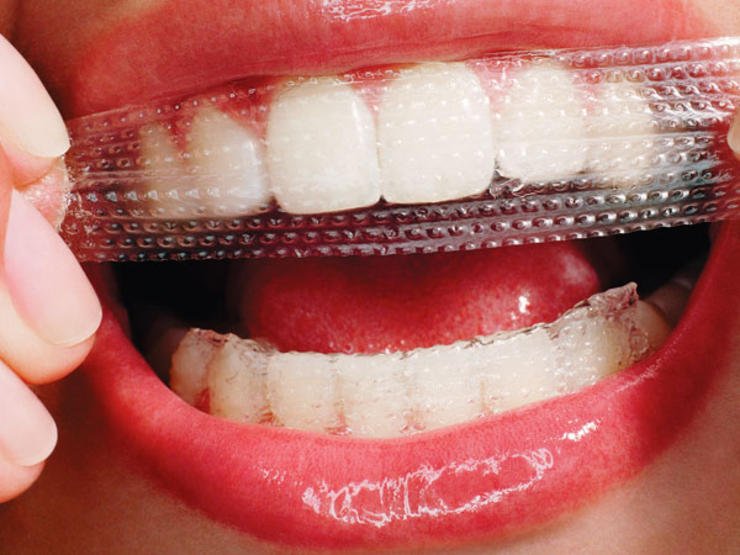
Are OTC Dental Whiteners Really Safe?
 Having white teeth has become a goal for quite a number of people, and this goal they are willing to achieve using almost any available means; which most times are the use of over-the-counter (OTC) dental whiteners.
Having white teeth has become a goal for quite a number of people, and this goal they are willing to achieve using almost any available means; which most times are the use of over-the-counter (OTC) dental whiteners.
But the concern when using chemical products, especially those bought Over-the-counter and without a Doctor’s prescription should be their level of safety for your health.
Before we dig into how safe these readily available OTC dental whiteners, we must understand that white teeth aren’t synonymous to healthy teeth; and neither does brown or off-white teeth mean your teeth are unhealthy. Healthy dentition should, however, be everyone’s goal.
Causes of teeth stains
Our teeth don’t always come in sparkling white color, and as we teeth age, it is natural for their color to slightly change. Aside from teeth aging, there are also a few other factors that could lead to colored or stained teeth.
These factors can be classed into extrinsic stains and intrinsic stains. Extrinsic stains are caused by personal habits such as the use of tobacco or smoking, consumption of coffee, soda as well as other foods. Intrinsic stains are, however, caused when the teeth dentin (inner structure of the tooth) darkens or becomes yellowish.
Stains resulting from those extrinsic factors are, however, the major cause of teeth discoloration and why people seek dental whiteners to regain white teeth.
What really are OTC dental whiteners?
OTC dental whiteners are, in reality, low-cost bleaching products that can be used basically without a dentist’s prescription or supervision to achieve whiter looking teeth. They come in various forms such as rinses, chewing gums, whitening strips, dental floss.
What do OTC dental whiteners contain?
The major active ingredient in most OTC dental whiteners is Carbamide peroxide. When this chemical is dissolved in water, it breaks down into hydrogen peroxide which is a known bleaching agent.
Are peroxides in OTC dental whiteners really safe?
It should be noted that peroxides contained in these whiteners can result in tooth sensitivity and gum irritation after a few days of treatment. Depending also on the level of concentration, peroxides at a high concentration can cause burning sensations in the throat, gum, or even result in a stomach upset.
Continuous use of teeth whiteners containing peroxides can also result in stripping of your enamel, which is the lighter part of the tooth. This process of stripping is also known as enamel erosion. This erosion of the enamel could make your teeth become more sensitive to certain foods, increase tooth flexibility, and also increase the susceptibility of your tooth to bending when pressure is applied.
Safer ways to achieve white teeth
Since white dentition is a desire for so many people, there are quite a number of safe practices which if put in place; you might never have to think about buying an OTC teeth whitener.
Brushing twice a day, regular flossing, rinsing with mouthwash and regular check-ups with your dentist are vital routines that help to maintain that perfect teeth color and oral hygiene. However, if you still decide to whiten your teeth, do consult your dentist before undergoing any form of self-medication.
